There is no denying that new technologies and various technological advancements have completely transformed our lives over the past few years. Thanks to new devices and equipment that we are now able to use around the home, it’s fair to say that our lives have become a lot more convenient. Just think about all the smart tech that you might now have in your house. From smart thermostat to online refrigerators, is there anything that we can’t connect to the internet? Thankfully, it’s not just our personal lives that have benefited from all of this new technology as the working world has also been transformed. Many office workers have simpler tasks thanks to various computer programs and software. Plus, as more jobs become automated, they have a lot more time to dedicate to the creative side of their careers.
One industry that has seen huge advantages since the dawn of all this modern tech has to be the health and medicine world. Science and technology go hand in hand and, thanks to recent developments over the past decade or so, there have been some huge advancements in the science and research of many healthcare fields. As a result, more patients are benefiting from better diagnosis methods and procedures as well as more sophisticated treatments and medicines. That’s not the only way that all of these exciting new technologies are changing the landscape of healthcare. Read on to find out more!
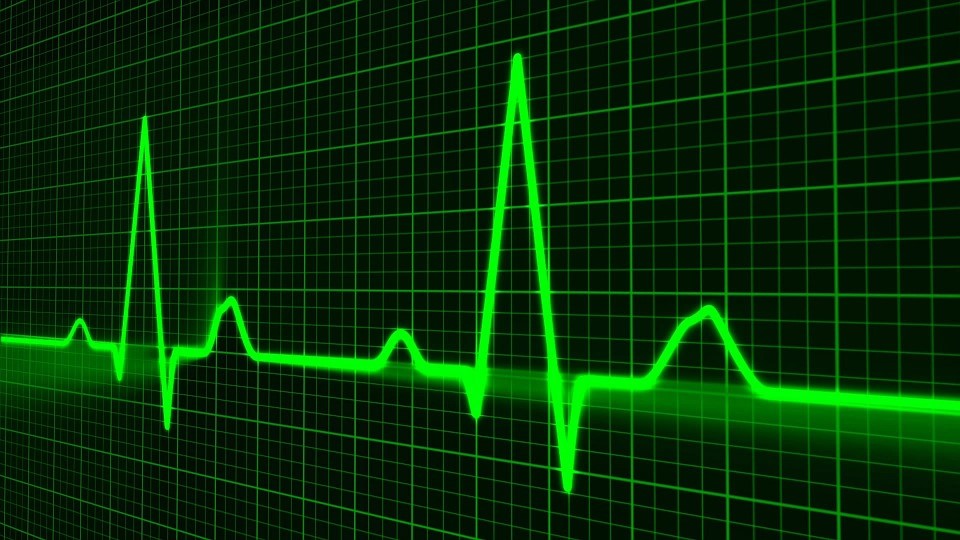
Better Production Methods For Intricate Tools
Thanks to new methods of production, including the likes of 3D printing and micro-machining from Laser Light Technologies Inc., many companies are now producing intricate tools and equipment for the healthcare sector. For instance, there are now small surgical implements that can help improve difficult surgeries, such as key-hole surgery or open-heart surgery. Smaller tools such as these implements make it easier for surgeons to get to the spots that they need to without causing too much damage to other areas of the body. It also means that surgeons can be a lot more delicate while operating on sensitive parts of the body, such as the brain.
Online Consultations Via Video Technologies
For some people who live in fairly remote areas, such as out in the Australian Outback, it can be incredibly difficult getting to the nearest health centre or hospital. Some people who live in the rainforest or in very rural parts of North America might have to travel up to half a day to get to see a medical professional. Obviously, this can put lives at risk. The journey might be too strenuous for them, or they might not even be bothered to make the journey in the first place. Thankfully, though, technology is putting isolated people in touch with doctors and medics, and they no longer have to trek hours to get to them. That’s because new video technologies, such as Skype, make it easy for people to organise an online consultation with their doctor. As long as they have an internet connection, they will be able to log onto a video platform and chat with someone about the symptoms that they have been experiencing.

Better Distribution of Medicines
Isolated individuals have also had problems with receiving medicine and treatments previously, all because of their remote location. There is one brand new solution for this: drones. I’m sure you will have heard all about the trials that Amazon carried out to see if they could ship their orders via drones. Well, it’s not just Amazon and similar companies that might start to use these small flying robots. In fact, lots of healthcare experts believe that drones will be able to ship important medicines and treatments to some of the most isolated people on the planet. As a result, healthcare will be opened up to everyone and we will be able to save a lot more lives, regardless of where individuals live.
Smartphone Devices Can Carry Out Readings
One major development with smartphone technology recently was that we now know how to create the devices with an inbuilt ability to take important medical readings. This is great news for the likes of people who suffer from diabetes and need to take daily readings of their blood sugar levels. It’s not just blood sugar levels that can be monitored – some smartphones are already kitted out with equipment to monitor heart rate. This is great news for patients who rely on this kind of monitoring. They now won’t need to buy expensive equipment just so they can carry this out; it will all come included on their smartphone.
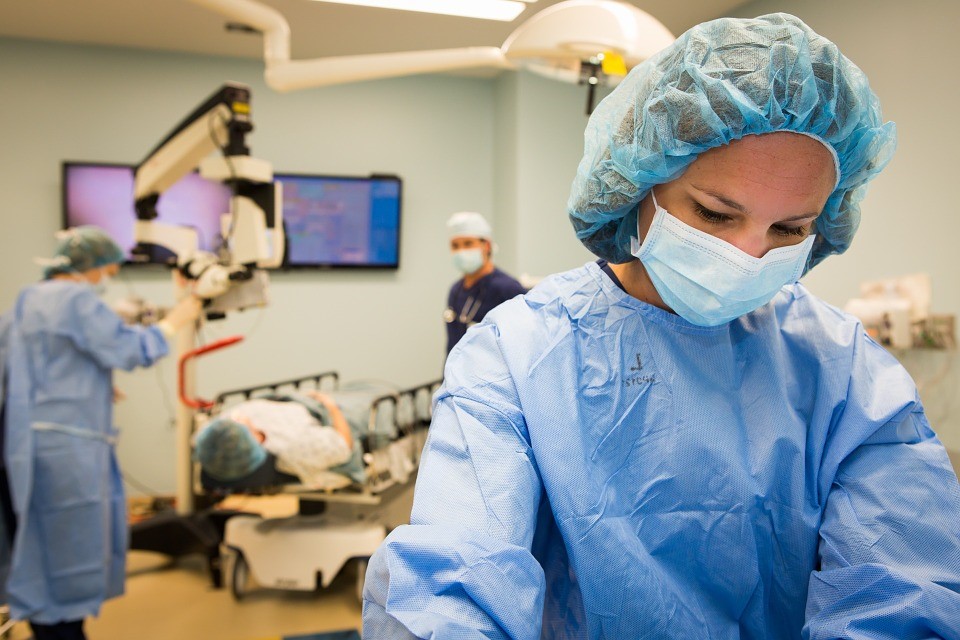
Video Technologies Promote Virtual Conferences
We all understand that it is important to prioritize a way of life that is environmentally friendly and will try to keep our carbon footprints down to an absolute minimum. Because of this, many doctors and medical researchers are less inclined to sign up for industry specific conferences as many require them to travel many miles, and in some cases overseas. All that driving and air miles are not going to do the planet any good at all. But video technologies are now changing that, as many doctors and researchers are able to take part in virtual conferences online. This is bringing together so many health professionals who would have otherwise never have met. This way, more ideas can come together and doctors and researchers are able to be inspired by those who are on the other side of the Earth.
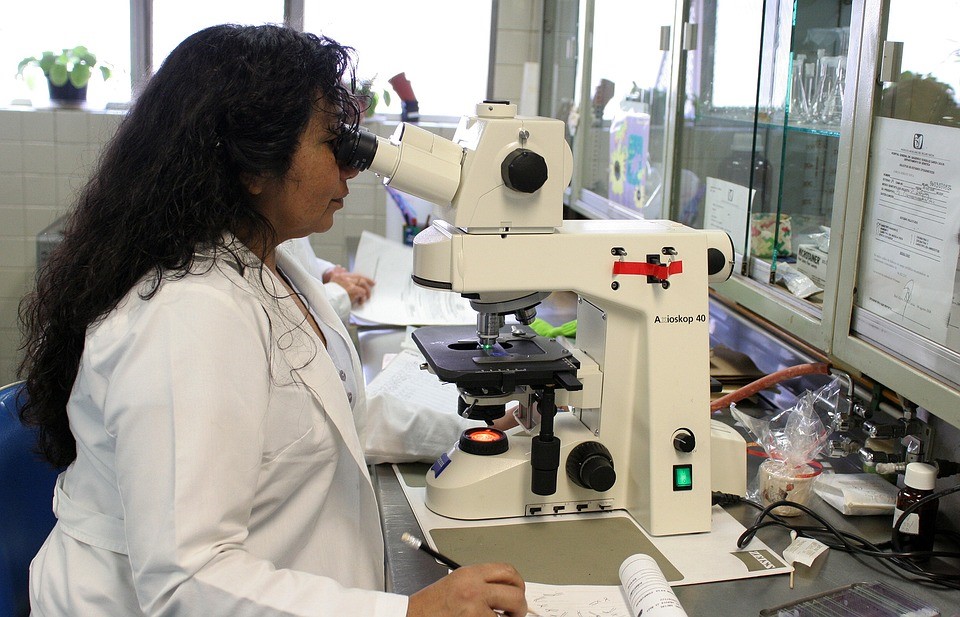
DNA Sequencing Can Be Vastly Improved
The health industry has been sequencing DNA for quite some time already. It is proving to be highly useful as it can help show which individuals are prone to certain illnesses and health conditions. Not only that, though, but it also improves our understanding of various diseases so that we can improve our research into new treatments and medicines. As our technology in this area becomes a lot more sophisticated and various equipment is enhanced, our sequencing becomes more fine-tuned. Thanks to this, we can get even more data that is held within DNA and this whole part of biology becomes less of a mystery to us.
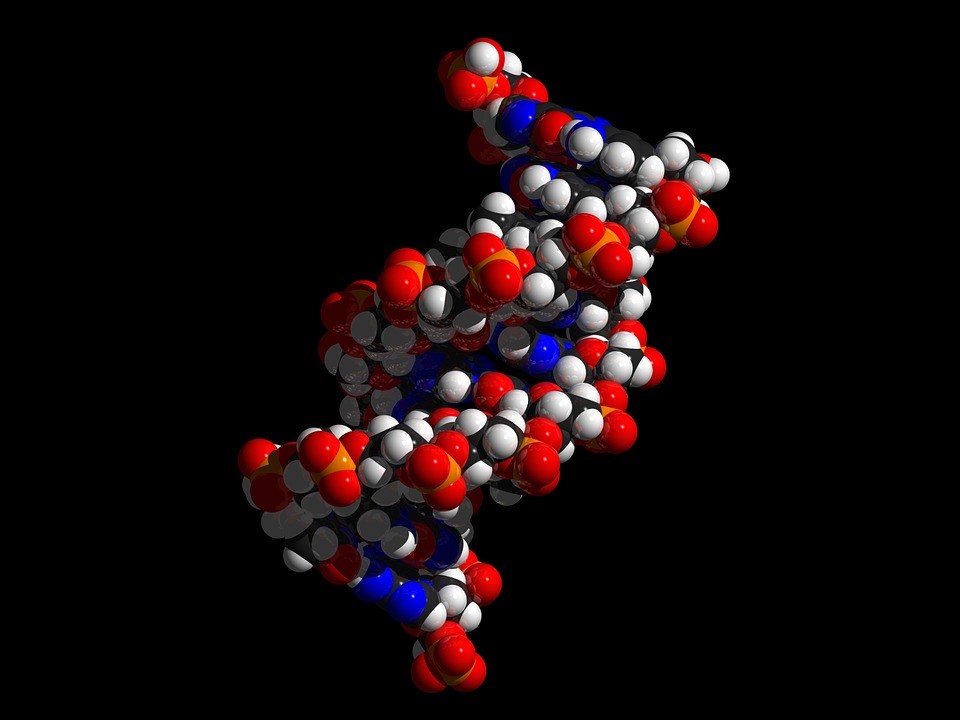
Healthcare Education and Training is Improving
Just a few years ago, anyone who wanted to become a doctor, nurse, or other type of medical professional, would have had to go off to college to study for their profession. This is still mainly the case now, but thanks to new technologies, there are also a lot more mobile and online training options. This means that the education needed to pursue this type of career is open to a wider group of people. It also enhances training on the job too. Qualified nurses and doctors can simply do extra courses online in the comfort of their own home, so improving their knowledge of the job can easily be juggled alongside their full-time work.
Recovery Time is Reduced
One of the many other benefits of technology in healthcare is that recovery time is greatly reduced. All of this new tech and equipment means that quite a bit of the risk is taken out of some procedures. As a result, a patient’s body doesn’t have to go through quite as much trauma when they are going through treatment or are on the operating table. That means that recovery is a lot quicker and most patients can spend less time in hospital after their main form of treatment.
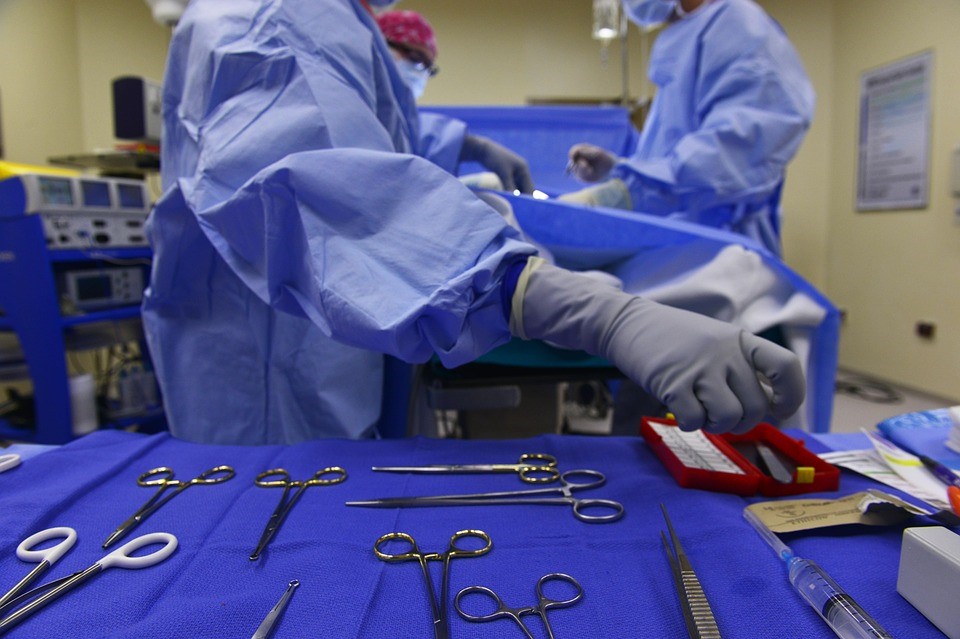
Tailored Treatments and Tools
Now that technology gives doctors that chance to draw up a personal picture of someone’s overall health, they are now able to use that picture to come up with treatments that are specifically tailored to the individual in question. Obviously, this is a lot more preferable than just giving patients a generic treatment that would be given to everyone who suffered from the same health condition. That way, the other aspects of a patient’s health could be taken into consideration. As a result, there is no way of offering them a treatment or medication that could actually make them feel worse or give them serious side effects.
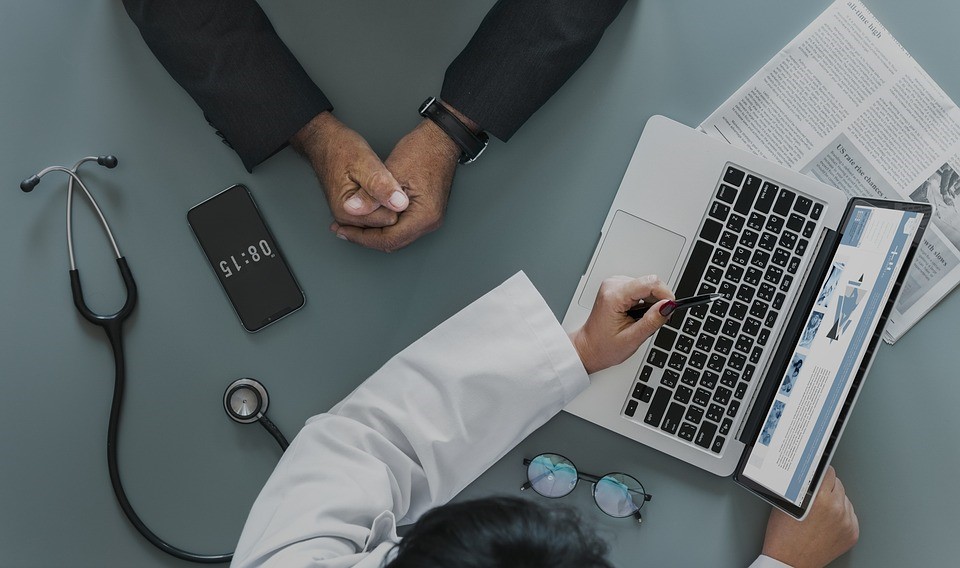
Information Can Be Recorded in Real-time
This point partially ties into the earlier one I made about smartphones that are now able to monitor various data and statistics of patients. Lots of technology now makes it possible to record various sets of information in real time. So, even if a patient is hooked up to a monitoring machine in their own home, as long as it is connected to the internet, it can be continually sending all of that data back to the doctor or hospital. And then, if an issue were to arise that require immediate medical attention, a healthcare professional would quickly be notified about this. No delay in the information being sent to a doctor means there will be no delay at intervening, which will save a lot more lives.
The landscape of healthcare really is changing, and we all have technology to thank for it! What surprised you most in this list?
Image Credits: Darko Stojanovic, PublicDomainPictures, TheShiv76, Ernesto Eslava, Skeeze, Pixabay, rawpixel

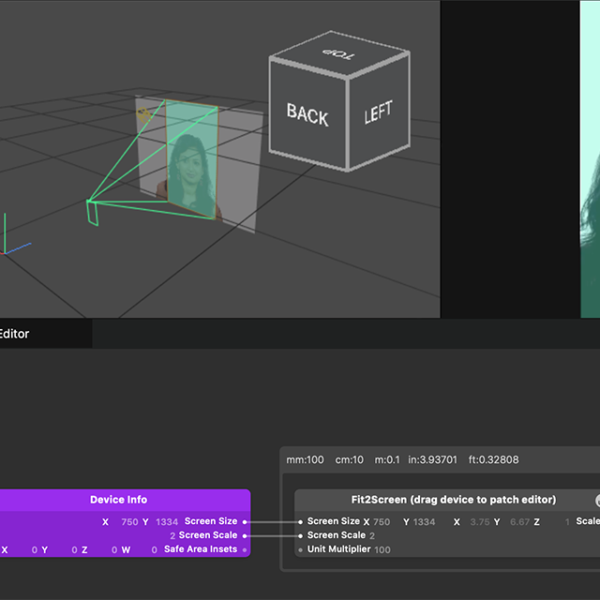
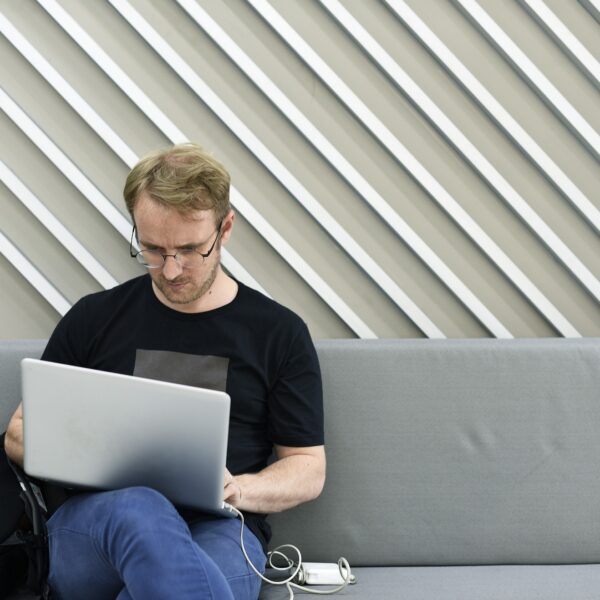
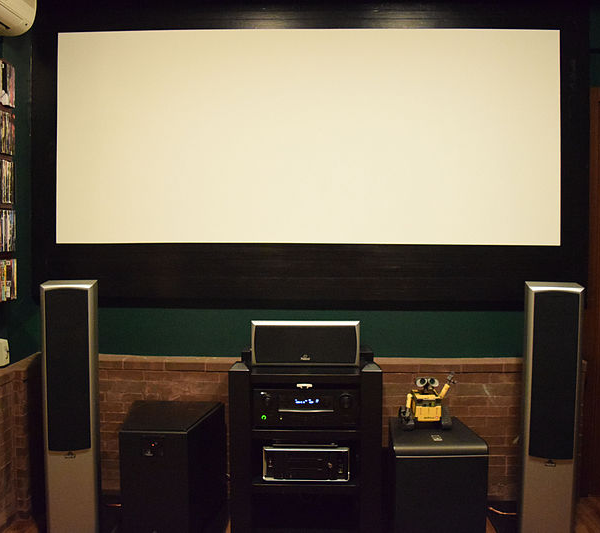
Like this article? Share with your friends!